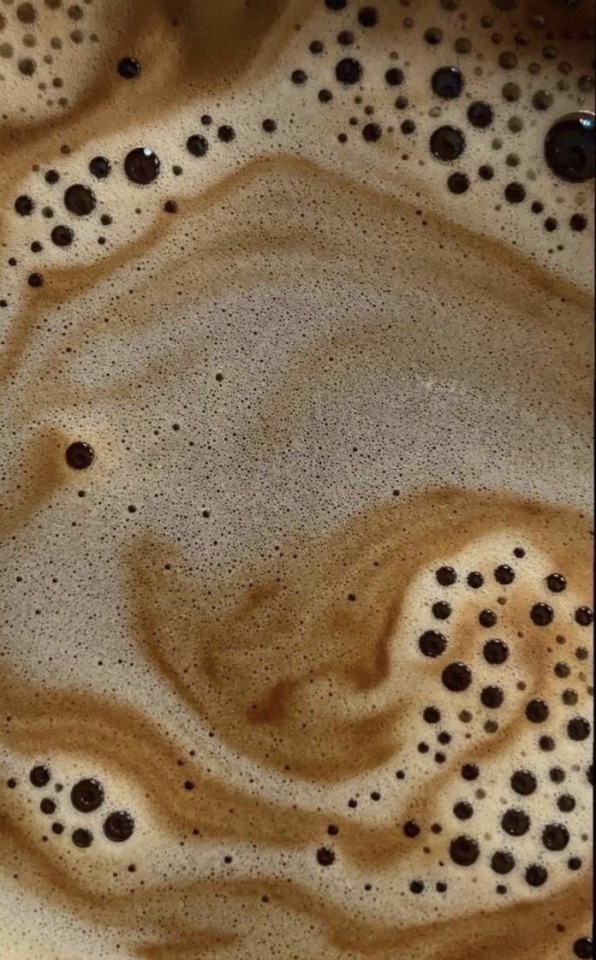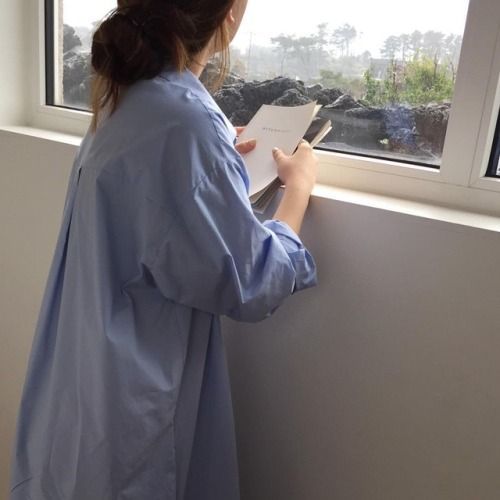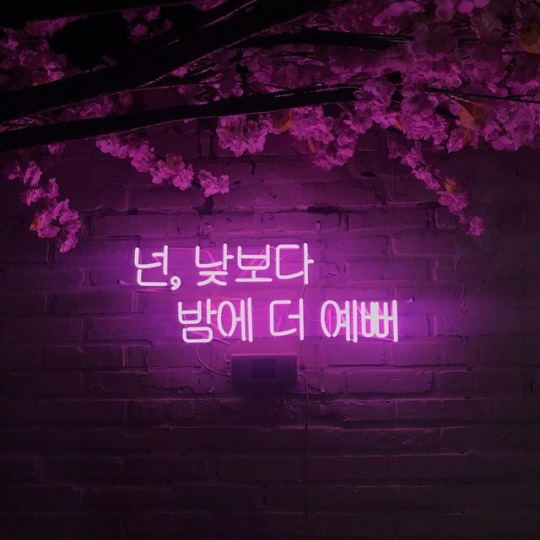“𝐼 𝑐𝑜𝑛���𝑒𝑠𝑠 𝐼 𝑑𝑜 𝑛𝑜𝑡 𝑘𝑛𝑜𝑤 𝑤ℎ𝑦, 𝑏𝑢𝑡 𝑙𝑜𝑜𝑘𝑖𝑛𝑔 𝑎𝑡 𝑡ℎ𝑒 𝑠𝑡𝑎𝑟𝑠 𝑎𝑙𝑤𝑎𝑦𝑠 𝑚𝑎𝑘𝑒𝑠 𝑚𝑒 𝑑𝑟𝑒𝑎𝑚.”
Don't wanna be here? Send us removal request.
Photo

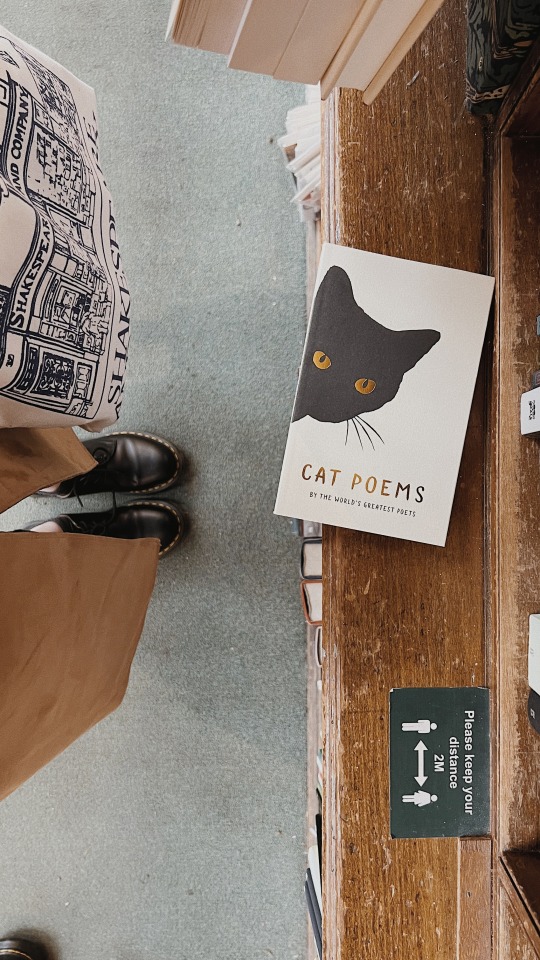
My favorite thing about traveling and visiting bookstores is searching for books to send to friends, stumbling upon that one book that makes me go: “Ah, this is perfect! They’ll love this one!”
2K notes
·
View notes
Text
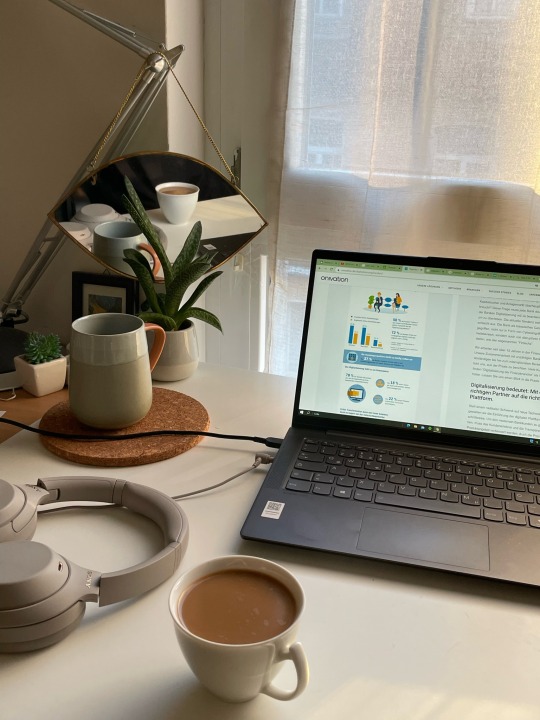
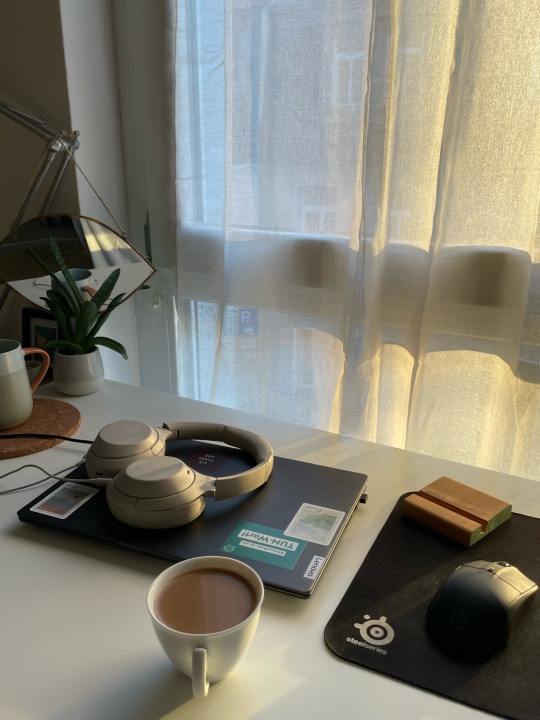
[051222] I have absolutely no motivation AT ALL…. How am I supposed to do ANYTHING like this !?
5K notes
·
View notes
Text

Korean Self-Love Quotes/Proverbs & Life Lessons
남의 떡이 더 커보인다.
Literal Translation: The other person’s rice cake is bigger than yours
Meaning: don’t compare yourself or your life with someone else’s
Life Lesson:
Especially on social media, you only see the parts that other people choose to show - the highlights, but not the behind the scenes. You’re life is not better or worse than another persons. The grass always looks greener on the other side, but you never know what that person is going through behind the scenes. Don’t try to trade your life in for another person’s just because of how things appear on the outside.
Vocab from proverb:
남 - another person, stranger
의 - possessive particle (‘s)
떡 - rice cake
더 - more
크다 - big
아/어 보이다 - to look, appear, seem
엎질러진 물이다
Literal Translation: It is spilled water.
Meaning: There is no use in crying over spilled milk.
Life Lesson:
A lot of things in life aren’t worth crying over, especially if it’s something that happened in the past. The past is the past and we have to learn to let go of the past. If you dwell on your failures, your shortcomings, your embarrassing moments, or any other terrible things you may have experienced in the past - It will keep you from living in the present. You Can Not Change The Past - no matter how much you think about it, so there’s no use “crying” over it. Don’t let the past determine who you are today. Whenever you catch yourself worrying too much about a past occurrence, tell yourself, “It already happened and I can’t control that, but I can control what I do today”.
Vocab from proverb:
엎질러지다 - to spill
물 - water
똥이 무서워서 피하니? 더러워서 피하지.
Literal Translation: you don’t avoid poop, because it’s scary. You avoid poop because it’s dirty.
Meaning: you should avoid certain things and people in your life, not because you are scared, but because it will disrupt your peace and happiness.
Life Lesson:
If at all possible try to remove or minimize contact with toxic people in your life - even if that just means distancing yourself from them mentally. Also avoid overtly negative and toxic situations whenever you can, because it can improve your mental health and overall happiness. Holding on to grudges, anger, sadness, etc. can also be harmful to your mental health - It may be hard to hear but some things you have to let go of. For yourself and your peace of mind. Forgive yourself of any past mistakes or failures and allow yourself to move forward.
Vocab from proverb:
똥 - poop
무섭다 - be scared of
아/어/해서 - because
피하다 - to avoid
니? - informal question ending
더럽다 - to be dirty
지 - shortened form of 지요 / 죠
(when speaker confirms something they thought the listener already knew)
말을 냇가에 끌고 갈 수는 있어도 억지로 물을 먹일 수는 없다
Literal Translation: You can lead a horse and go to a stream, but you can’t make it drink water through its own will
Meaning: You can lead a horse to water, but you can’t make him drink
Life Lesson:
You can’t force someone to do something that they don’t want to do. You can’t change someone who isn’t willing to change. You can’t save someone who doesn’t want to be saved. You can’t help someone who doesn’t want to be helped. There are many ways to say it, but the overall message is the same.
On the opposite side of the coin, It’s a great idea to be open and willing to positive changes and to growth. In life you want to always be growing and not static - unless your perfect (which no one is). Sometimes we may feel static and like we are going no where no matter how hard we try to move. In those cases, either you need to make a change and do something a bit different or you are moving forward but it’s just so slowly that you don’t notice it - taking a step back and looking at your situation objectively can sometimes help.
Vocab from proverb:
말 - horse
냇가 - stream (of water)
끌다 - to lead
고 - and
가다 - to go
ㄹ 수 있다 - can do
아/어도 - even if
억지 - force
(으)로 - by (explain methods)
억지로 - by force
물 - water
먹이다 - to feed, make eat/drink
ㄹ 수(는) 없다 - can’t
(the 는 adds emphasis)
That's all for this post! Which proverb is your favorite?
181 notes
·
View notes
Text



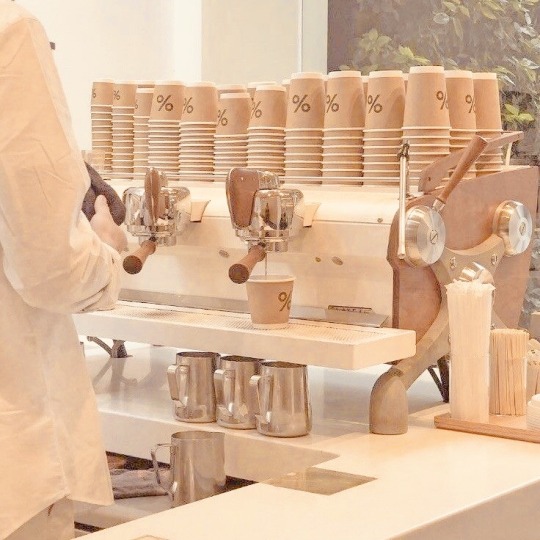
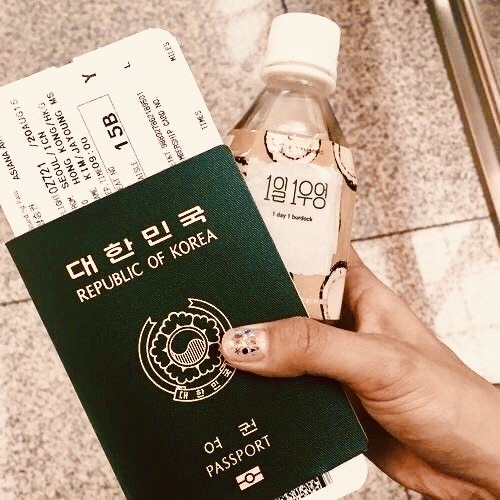
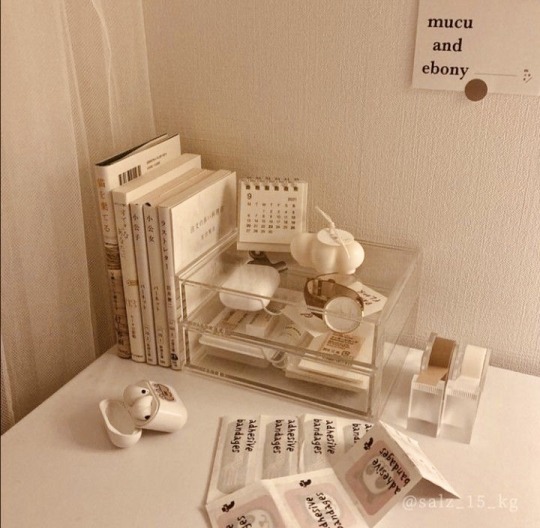

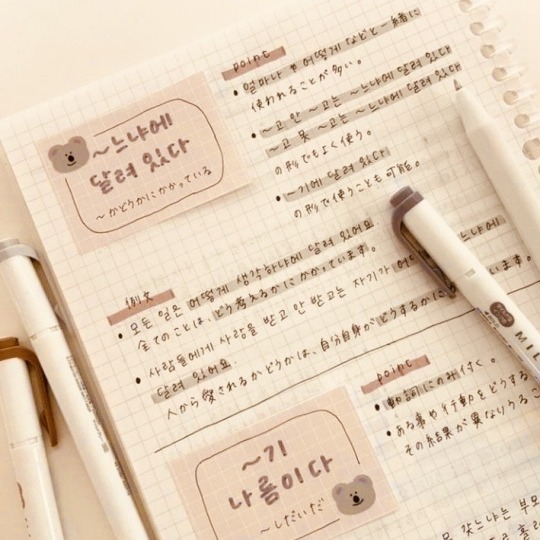
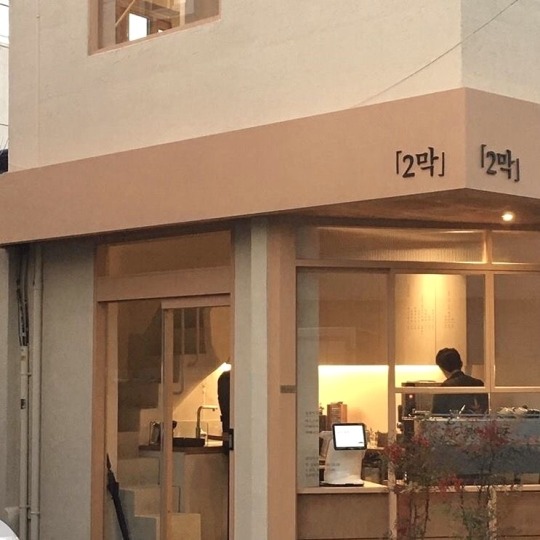
Korean Language
정말 해야 할 목표가 있다면, 뒤돌아보지 않기 주저하지 말고, 망설이지 말고, 일단 도전하는 게 중요합니다. If you have a really important goal, do not look back. And do not hesitate, do not doubt – but for a start, just try, start.
- Park Jimin (2018)
417 notes
·
View notes
Note
Could you do a lesson on 겠지 and 아니겠지 when used as a question and as a statement?
There are a lot of grammar points in here, so I'll give you an index:
-겠다; intention, will / observation, supposition
-지(요)/죠?; right?, isn't it?
아니다; to not be
N(이/가) + 아니다 + 지요
아니다 + 겠다 + 지요
I sincerely apologize for the length of this post! There's a lot to unpack in just those two phrases, so I hope this helps.
1. -겠다; intention, will (1) / observation, supposition (2)
Phrases you’ll hear/know using -겠다:
(1) 잘 먹겠습니다 – I’ll eat well (aka: I intend to eat well)
(1) 뭐 드시겠습니까? – What will you eat? (높임말)
(1) 잘 하겠습니다 – I’ll do my best!
(2) 맛있겠습니다! – I suppose it is delicious
(2) 피곤하겠습니다 – I suppose you're tired
(2) 내일 비가 오겠습니다! - I suppose it's going to rain tomorrow
When to use -겠다:
Use it for yourself when you want to express first-person intent or will
If you do this, then remember that it’s more common and natural to use -겠다 with formal grammatical patterns (that’s why you see -(스)ㅂ니다 in all the examples)
This pattern also puts more emphasis on the intention than the simpler (으)ㄹ 것이다 future tense; if you use the -겠다 pattern, you mean it, essentially.
Use it when you want to make an observation towards someone or something else
Use it when inquiring about another person’s intent or will
All that said, you can use -(으)ㄹ 것이다 to express a future action in a less formal situation.
뭐 먹을 거야? (with friends) vs. 뭐 드시겠습니까? (as the server)
Note: you can use this pattern in lower formality situations (as an example, 힘들겠어; it seems difficult), it's completely okay! It's just more common to use -겠습니다 when talking about the intended future in a formal situation.
2. -지(요)/죠; right(?), isn't it?
This is used to ask for confirmation from the speaker about an observation! For us Canadians, this is the "eh?" we love so dearly. You can use this as a statement, to agree with the speaker. The difference between 지요 and 죠 is just pronunciation; they're the exact same thing. Examples:
춥죠? - it's cold, isn't it? (Canadian translation: it's cold, eh?)
외국인들은 한국에서 일하기 힘들지요? - it's hard for foreigners to work in Korea, right?
알고 있죠? - you know that, right?
당근이지 - right, of course! (informal)
3. 아니다; to not be
This is pretty self-explanatory. It's the opposite of 이다! When using this verb, make sure you use 이/가 particles! Here are some examples:
그 남자는 배우가 아니에요 - he's not an actor
학생이 아녜요! - I'm not a student
부자가 아니에요? - you're not rich?
4. N(이/가) + 아니다 + 지요
If we combine 아니다 and 지요 we can get sentences that express a negative statement to be confirmed. It's best to illustrate this with examples:
농담이 아니죠? - you're not joking, right?
부자가 아니지요? - you're not rich, are you?
한국인이 아니죠? - you're not Korean, right?
Note: when answering these questions, you have to answer the Korean way; we have to think of if we agree or disagree with the statement. Look here for examples.
5. 아니다 + 겠다 + 지요
Final grammar point! This is also pretty self-explanatory. As we know, -겠다 is used to express an observation or supposition. When we attach -지요, we are expressing that we need the listener to agree with our future observation. Examples:
-겠다 + 지요
쉽겠죠? - I suppose it's gonna be easy, right?
다음 주에 한국어 시험을 어렵겠죠? - The Korean test next week will be hard, right?
When adding 아니다 to 겠지(요)/죠, we are expressing a statement that we (the speaker) believe is a true observation.
Here are examples:
코로나 때문에 한국에 가는 게 아니겠죠? - you aren't going to Korea because of CoVid, right?
감기에 걸렸기 때문에 학교에 오는 게 아니었겠지요? - you didn't come to school because you caught a cold, right?
If you disagree with these statements, you are more than welcome to say so. The question/statement is just an observation that the speaker believes to be true. For example, you could say:
A: 코로나 때문에 한국에 가는 게 아니겠죠? B: 아니요, 돈이 없어서 한국에 못 가거든요 - No (I disagree that it's because of CoVid), I can't go because I don't have money.
BONUS:
~(으)면 좋겠다; I hope ~
You can use this when you want to express the hopefulness of something. The literal translation is "it would be good if~". Here are some examples:
한국에 가면 좋겠어요 - I hope to go to Korea
잘됐으면 좋겠어요 - I hope it goes well
상을 타면 좋겠어요 - I hope I win a prize/award
Ooof!! Finally at the end! Hope this answered your question! As always, if there's anything that you still don't understand, you're more than welcome to send me a pm and we can sort it out together!
Happy Learning :)
~ SK101
186 notes
·
View notes
Photo

너는 봄날의 햇살 같아 (You are like the Spring Sunshine) ✏️ 𝐕𝐨𝐜𝐚𝐛𝐮𝐥𝐚𝐫𝐲: 봄날 (noun): Spring Day 햇살 (noun): Sunlight, Sunshine ✏️ 𝐆𝐫𝐚𝐦𝐦𝐚𝐫: (N) + 같다 = Same as (N), Like (N) ✏️ 𝐄𝐱𝐚𝐦𝐩𝐥𝐞 준호 씨는 천사 같아. (Junho is like an angel.) 영우 씨는 천재 같아. (Youngwoo is like a genius.)
-
Kindly Visit My Blog Here
Available Products Here
Available Korean Writing Notebook Here
80 notes
·
View notes
Note
What is 는 거야/ 거예요 grammar?
Ok so I procrastinated on answering this because it’s extremely hard for me to put it into words and explain it to someone else. There’s nothing in English that remotely resembles this grammar pattern so it’s impossible to give direct translations. But I’ll do by best.
~(으)ㄴ/는 거예요 comes from ~(으)ㄴ/는 것이에요, quite literally “the thing of -ing.” It’s used to clarify the action/state of being that you’re talking about. It’s like saying “It is the thing that,” which of course sounds ridiculous in English and is why it’s impossible to translate it directly.
가: 뭐하는 거예요? – What are you doing? (Literally ‘What is the thing that you are doing?’)나: 내일 기말고사가 시작돼서 공부하는 거예요. – Final exams start tomorrow so I’m studying. (Literally ‘It is studying that I am doing’)
가: 괜찮아요? 아까 어디 다쳤대요. – Are you okay? I heard you got hurt earlier.나: 축구를 하다가 넘어져서 무릎이 많이 아픈 거예요. – I fell while playing soccer and my knee really hurts. (Literally ‘my knee is the thing that really hurts’)
가: 이 부채가 정말 이쁘네. – This fan is really pretty.나: 지난 달에 일본에 가서 산 거야. – I bought it when I went to Japan last month. (Literally ‘it is the thing I bought’)
가: 그건 질문하는 거야? – Is that a question? (Literally ‘is that questioning you’re doing?’)나: 아니, 그냥 논평만 하는 거야. – No, I’m just making a comment. (Literally ‘it is just commenting that I’m doing’)
178 notes
·
View notes
Photo
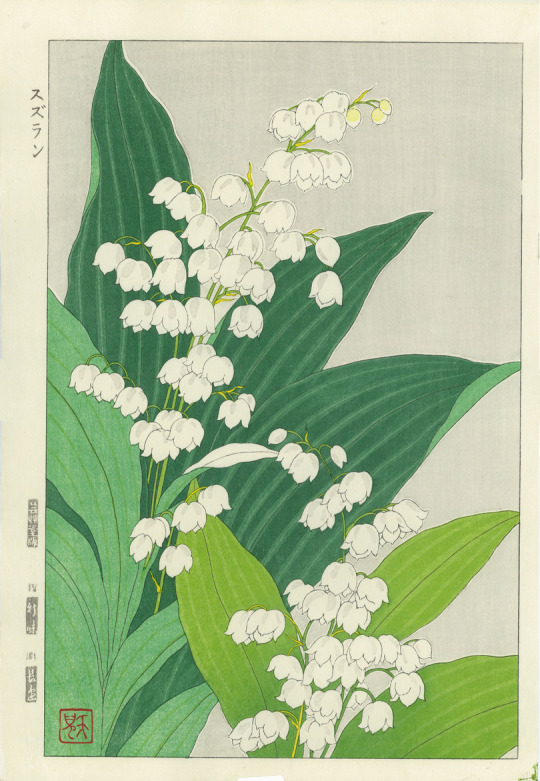
Lily of the valley by Kawarazaki Shodo (1899-1973)
37K notes
·
View notes
Photo

Busan, South Korea | Original photography by Christopher Lee via Unsplash
88 notes
·
View notes
Text
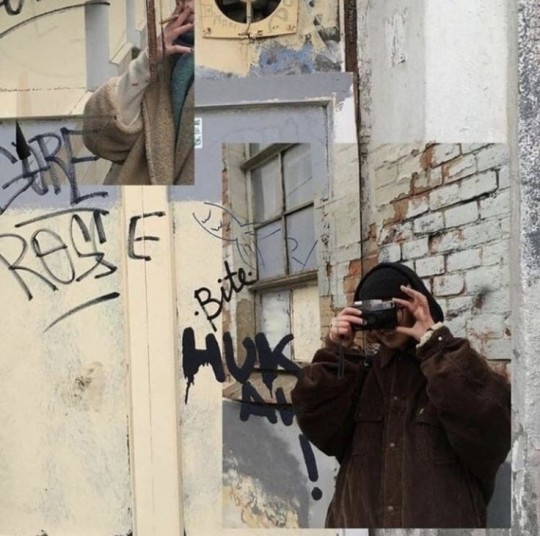

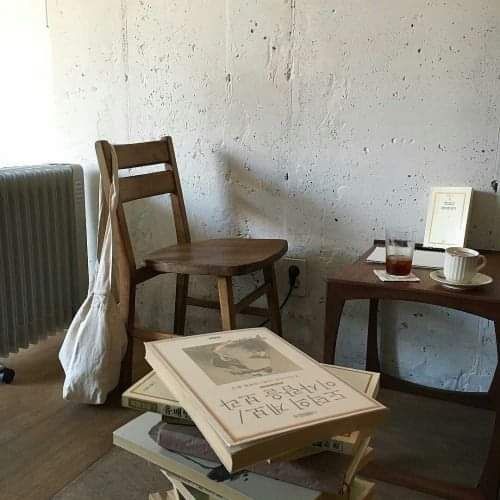

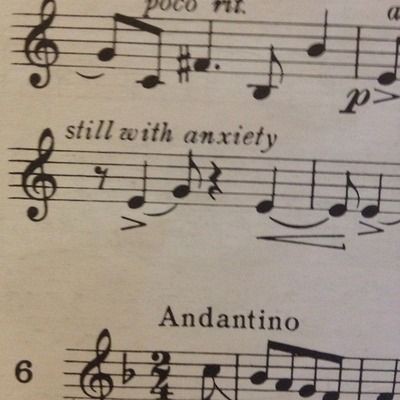

"Artists are people driven by the tension between the desire to communicate and the desire to hide".
–Donald Winnicott
546 notes
·
View notes

